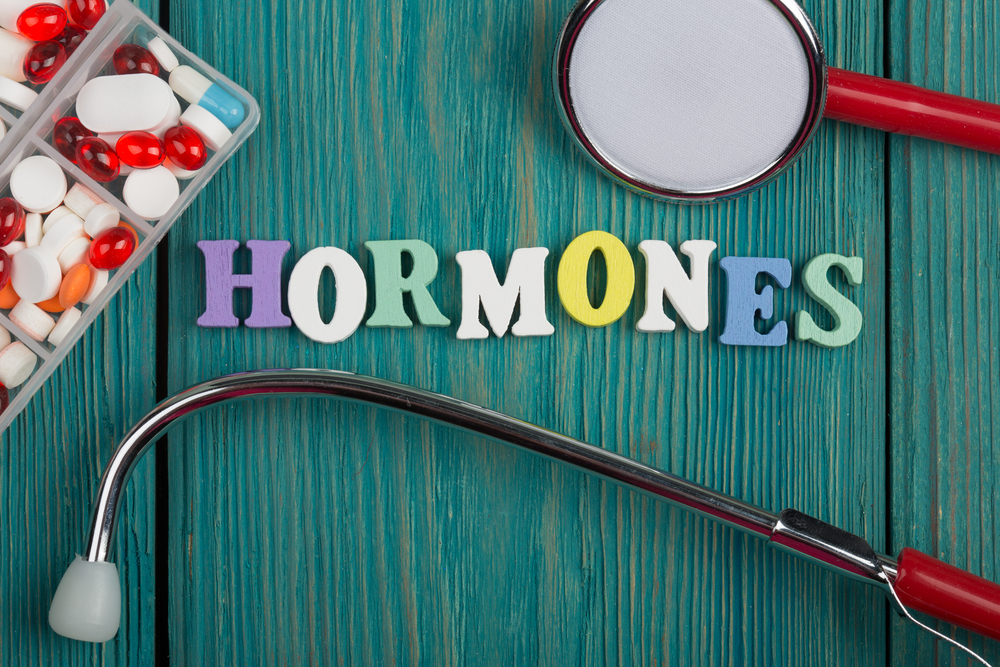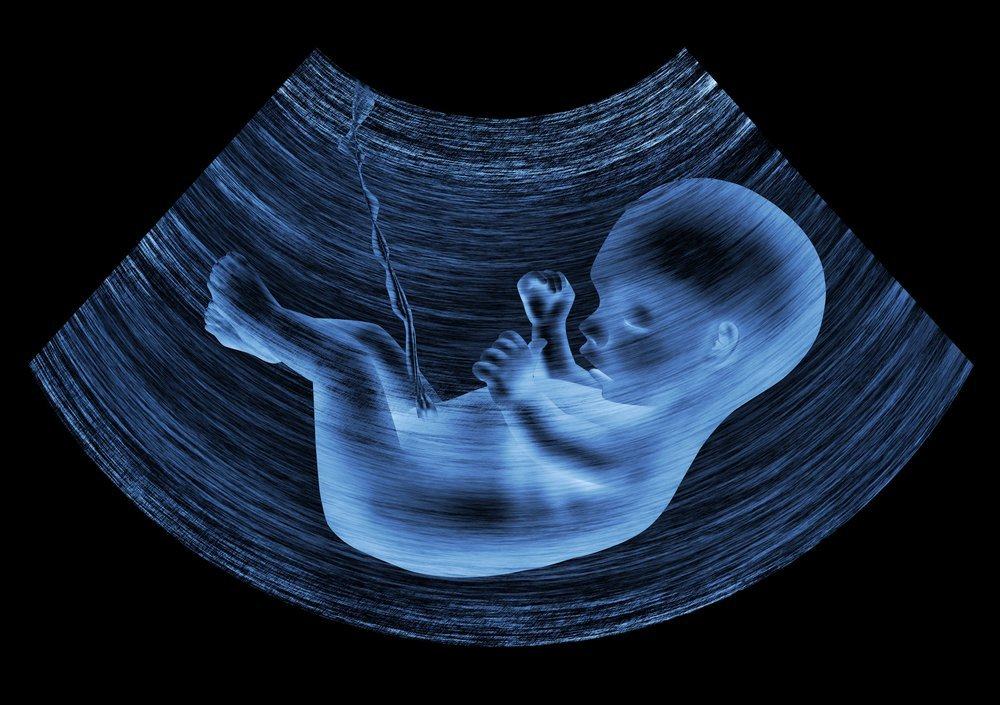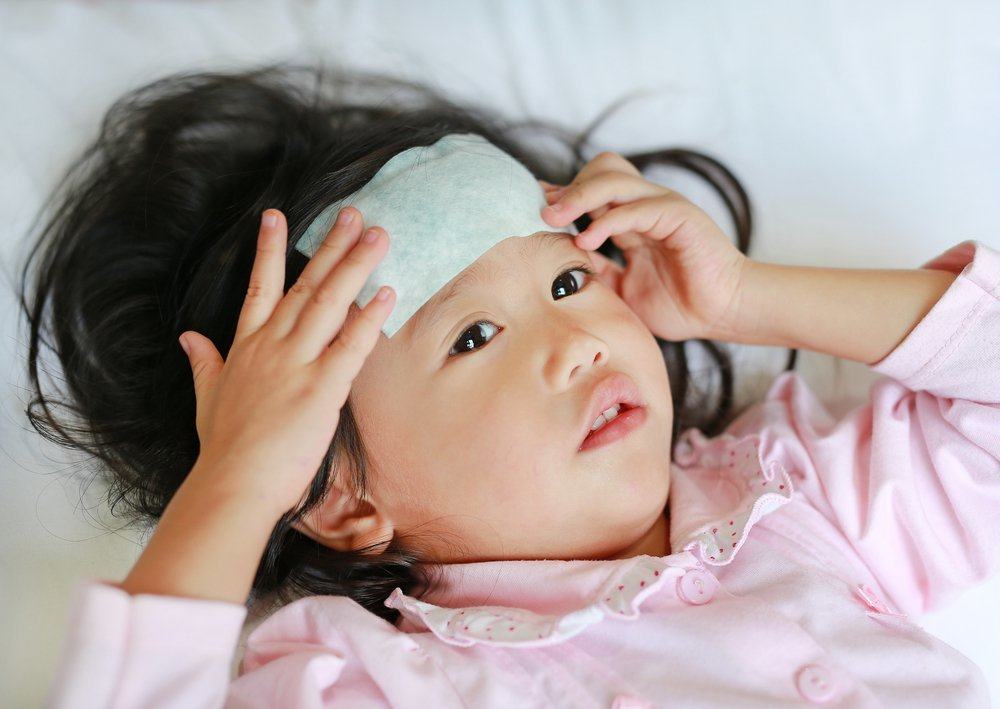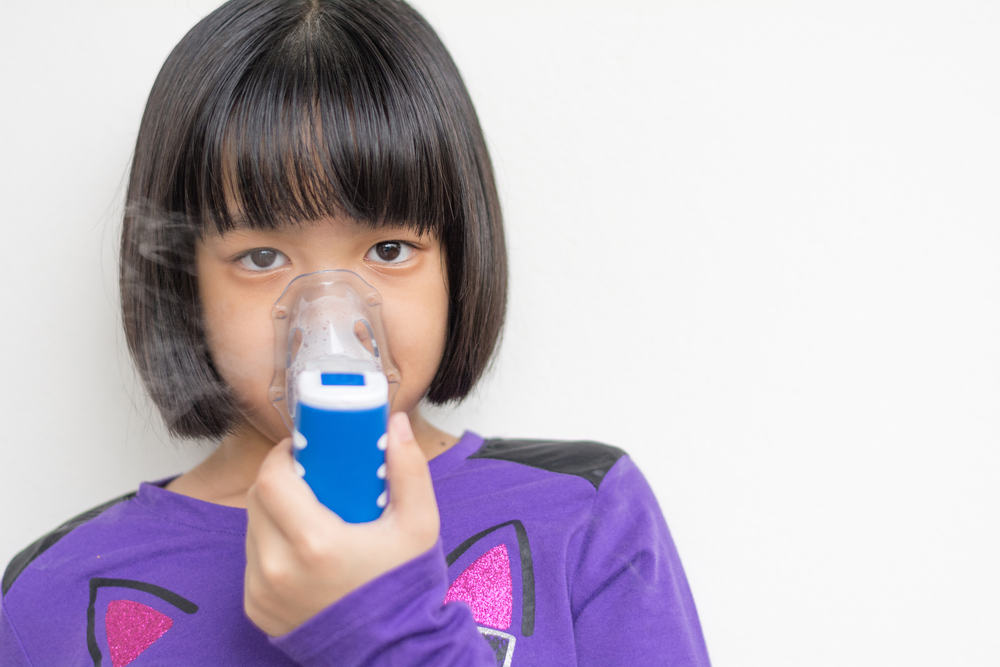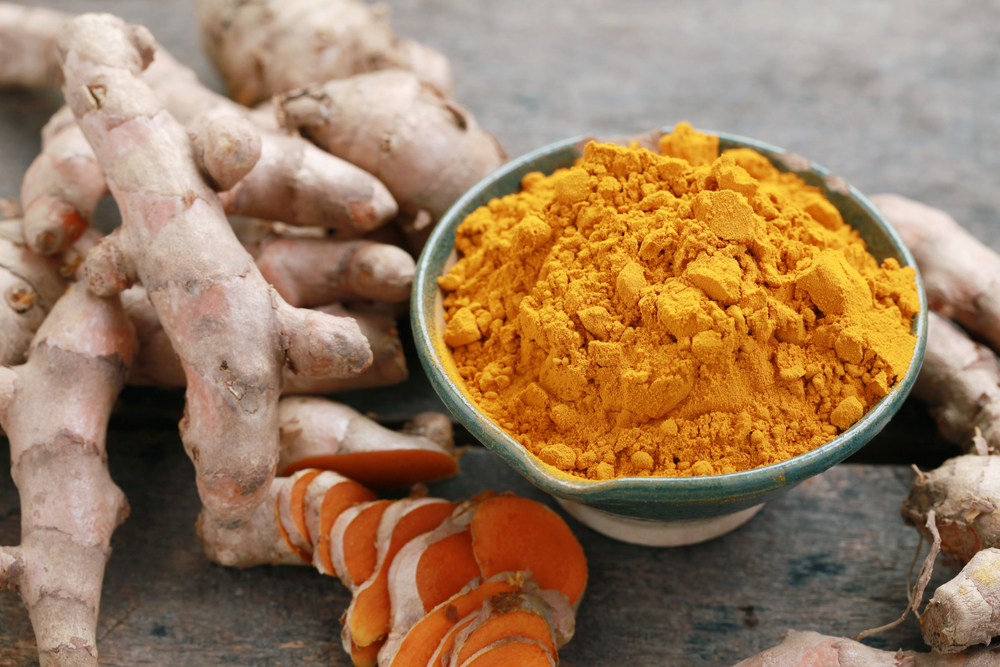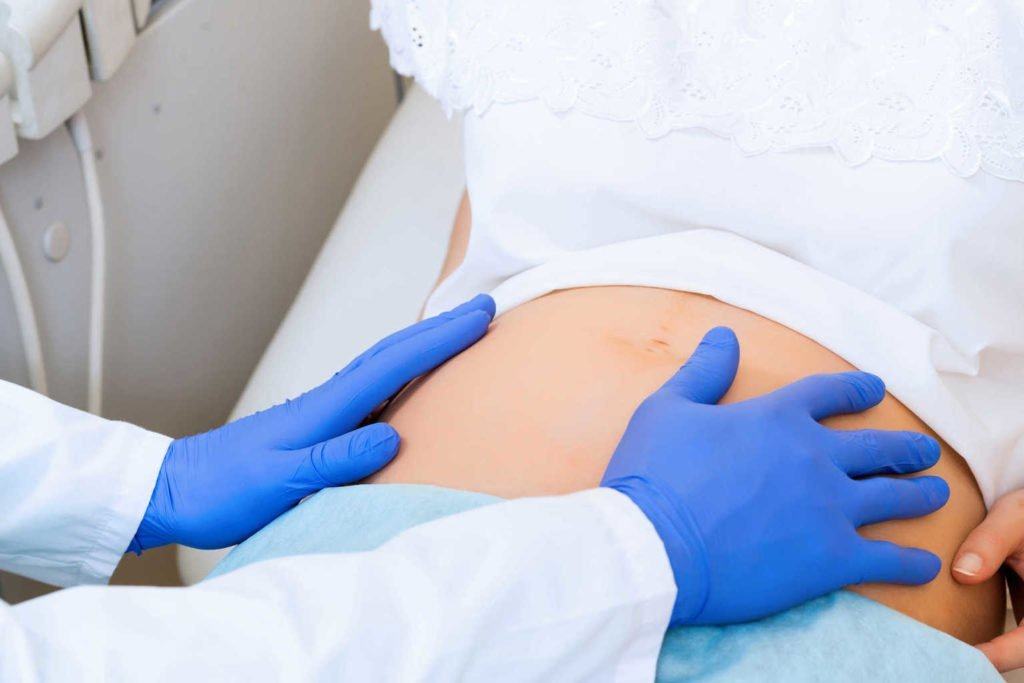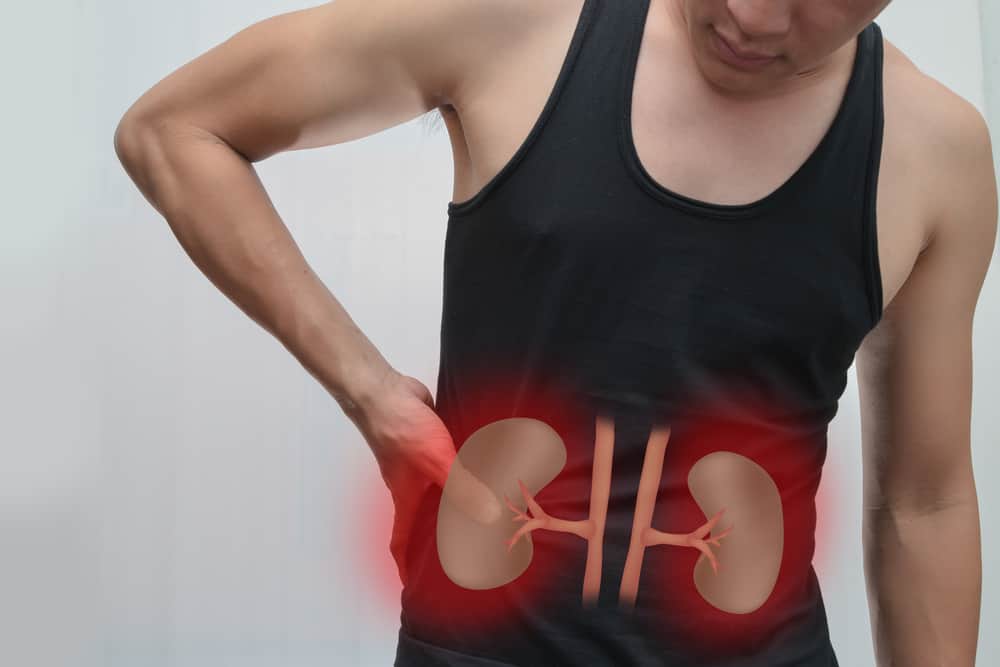Contents:
- Medical Video: Endocrine System, part 1 - Glands & Hormones: Crash Course A&P #23
- What is a hormone?
- Where do hormones come from?
- Glands and hormones
- 1. The pituitary gland
- 2. The pineal gland
- 3. Pancreas
- 4. Testis
- 5. Ovaries
- What can cause hormones to be out of balance?
- How to overcome hormonal imbalances?
Medical Video: Endocrine System, part 1 - Glands & Hormones: Crash Course A&P #23
There are many components that keep your body working and functioning properly. One of them is hormones. Maybe you have had health problems caused by hormones. Indeed, hormones are important substances in the body that play a role in various things. But what is the actual hormone? What is the function in the body?
What is a hormone?
Hormones are chemicals in the body, parts of the endocrine system that affect most major systems and processes in the body, including:
- Food digestion
- Absorption of nutrients
- Sexual function
- Reproduction
- Growth and development
- Heart rate, body temperature, sleep cycle, mood, thirst, appetite control, cognitive functions and others.
Hormones are substances that move in the bloodstream to tissues and organs. This substance is very influential for bodily functions, the slightest amount of hormone changes, it will affect a particular body function even your health in general. Therefore, it is important to maintain the balance of the number of hormones in the body.
Where do hormones come from?
Hormones are substances produced naturally by the endocrine glands. Because the endocrine glands do not have channels, hormones are channeled directly into the blood vessels, without going through any channels. Some of the main endocrine glands in the body are:
- Pituitary gland
- Pineal gland
- Thymus gland
- Thyroid gland
- Adrenal gland
- Pancreas
- Testis
- Ovary
Glands and hormones
Each of these glands will produce different hormones and affect different organs of the body. Here are the types of hormones that are produced based on their respective glands.
1. The pituitary gland
The pituitary gland is about the size of a pea and is located in the lower part of the brain, behind the bridge of the nose. This gland has the designation "master gland" because it controls several other hormonal glands, including the thyroid and adrenals, ovaries and testicles.
The hormones produced by the pituitary gland include:
- Growth hormone (GH) to influence the development and production of body cells
- Prolakti to stimulate production, affects behavior, reproduction and the immune system
- Follicle stimulating hormone (FSH) to regulate egg production in women and sperm production in men
- Luteinizing hormone (LH) to regulate the menstrual cycle, works in conjunction with follicle stimulating hormone (FSH) to produce sperm.
2. The pineal gland
This gland is located near the back of the skull. The pineal gland produces the hormone melatonin which regulates biological clocks and sleep schedules. This hormone will increase when the environment around you darkens and stimulates drowsiness, so you will fall asleep at night.
3. Pancreas
The pancreas produces the hormone insulin, amiline and glucagon which regulates blood glucose levels in the body.
4. Testis
This organ produces male hormones, such as testosterone and other hormones, including estrogen. Testosterone plays a role in sex drive, the formation of bone mass, plays a role in the production of oil on the skin and makes men have special characteristics, such as growing facial hair and burdening the sound. This hormone also plays a role for male sex development during fetal development for male babies.
5. Ovaries
The ovaries or ovaries produce estrogen to regulate reproduction. This hormone is also responsible for breast development and increased fat stores in women. The ovary also produces progesterone - the "pregnancy hormone" that controls the menstrual cycle and the development of pregnancy.
What can cause hormones to be out of balance?
Causes of hormonal imbalance
- Age
- Genetic disorders
- Certain medical conditions
- Exposure to poisons
- Disruption of biological clocks (circadian rhythms)
The above factors can affect the body's ability to produce the amount of hormones needed. Improper hormone production can cause a variety of serious health problems.
How to overcome hormonal imbalances?
For hormone deficiencies, doctors can recommend hormone replacement synthesis, as well as for excess hormone production, treatment can be used to suppress the effects of hormones.
Hello Health Group does not provide medical advice, diagnosis or treatment.

